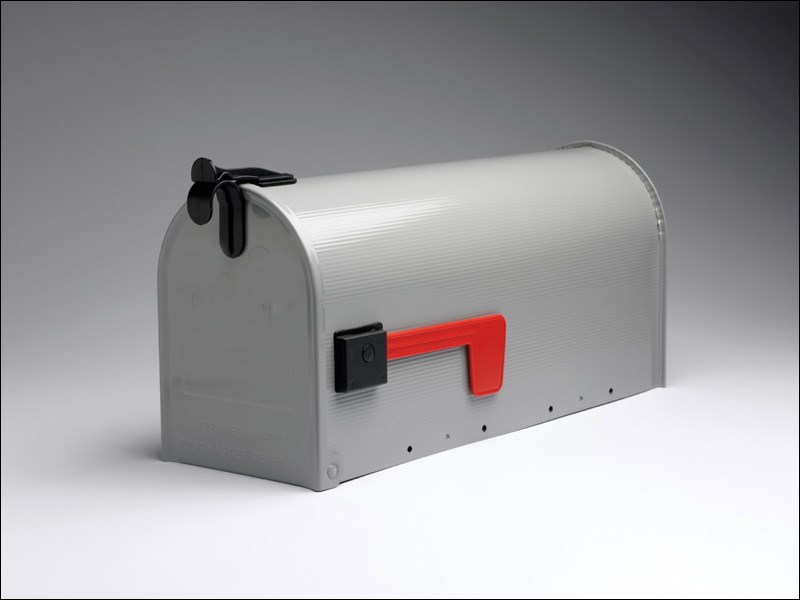CNW - Yes! You’ve been shopping online for weeks for dumbbells and you’ve finally found the perfect ones. They’re the right style, the right size,��and��a great price! You click on the big red “Buy now!” button, and the site processes your payment and promises that you will be enjoying your new dumbbells in two weeks’ time.
Two weeks come and go, and still, no dumbbells. Your attempts to contact the seller prove fruitless, and after a few more weeks, you realize you’ve been had, and the dumbbells are never coming.
Canadians shop online a lot, and many of us have been victims of a “non-delivery” scam in the past. Home delivery is a lifeline for so many. Canadians are even more at risk when shopping for high-demand items like personal protective equipment.
And virtually ALL Canadians are vulnerable. If you shop online, you’re a potential victim. In 2020, merchandise scams including non-delivery scams accounted for an estimated $8.7 million in Canadian losses, and an immeasurable erosion of confidence in the online marketplace.
Retailers failing to honour the claims they made about the delivery of a product could be considered false or misleading advertising and a violation of the��Competition Act. So, how can you avoid this scam, and what should you do if you get the bill, but you don’t get the goods?
Before you buy
- Take 5:��Wait, even just five minutes, to stop and think before entering your credit card information.
- Do your research:��Check the company’s refund and return policies and try searching the company name along with the words “complaint” or “scam.”
- Read reviews:��Search online reviews about the seller, especially those related to non-delivery of products or long delivery delays. Don’t trust overly positive reviews and star ratings on a seller’s website. They could be fake.
- Look for credentials:��Check with the Better Business Bureau to see the online seller’s rating, complaints and customer reviews.
- Be cautious:��Check the contact details such as address, email, and phone number, on the seller’s website. A reputable seller is more likely to provide their contact information.
- Pay by credit card: A credit card provides additional protections and allows you to dispute charges. Debit cards and prepaid cards don’t offer the same protections.
- Shop around:��Purchase products from a reputable seller.
The tips above can help identify and avoid non-delivery scams. But these scams can be tough to detect. Here’s what you can do if you think you’ve been had.
After you’ve bought
Try contacting the seller. Most businesses are legitimate and want you to receive the item you’ve paid for.
Keep good records, including the name of the website you ordered from, claims about shipping times, the date you placed the order, copies or screenshots of correspondence, and receipts.
If you paid by credit card, you can try disputing the charge with your credit card company.
The Competition Bureau looks into false and misleading claims in the marketplace. If you believe you have been misled, report it to the��.
You can also file a complaint with the Canadian Anti-Fraud Centre (CAFC); the Better Business Bureau or your provincial / territorial consumer protection agency.
��




